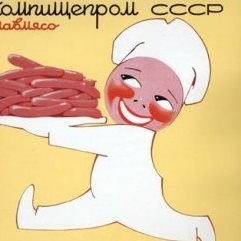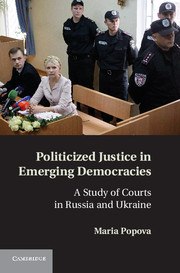The question of how to engage an increasingly reluctant Russia in cooperation with its western neighbors was at the top of the Baltic-Russia Youth Forum held a few days ago in Vilnius. There were no clear-cut answers, but at least many stereotypes and misperceptions were unveiled on all sides.
One example was a young Russian participant who confidently declared: "As we know, after the withdrawal of NATO forces from Afghanistan, Russia will take responsibility for security of that country." For NATO representatives this came as a big surprise, to say the least.
Another Russian contributor was sure that with the resignation of Russia’s Federal Chief Sanitary Inspector, Gennady Onischenko, Russia would finally remove the protectionist sanctions against Lithuanian diary products. This also seemed like wishful thinking.
Yet oversimplifications were visible in statements by some European participants. The German Ambassador to Lithuania, Matthias Mulmenstadt, concluded that the key problem with Russia is Vladimir Putin's overstay in power. But is this really so?
Aren't there more substantial troubles like the drastic rise of nationalism and xenophobia, which also sustains the anti-Western policies of the Russian regime? And would the West really be happier to have someone else in the Kremlin, someone like Dmitry Rogozin?
Another stereotypical view is that relations between Russia and the Baltics are heavily grounded in realist type of policies. In particular, this was a message from some Lithuanian colleagues. Perhaps, they equated Realpolitik with a mere acceptance of conflictuality. Often, the whole discussion at the Forum was overwhelmingly focused on ideational and largely immaterial factors shaping Russian-Baltic relations.
Discussion about Russia's soft power tools is particularly indicative of the importance of perceptions and interpretations. What for one lecturer was a hidden challenge—from concerts of Russian pop stars scheduled for national holidays in the Baltic states to the nostalgic reproduction of Soviet gastronomic brands—for another expert was a normal state of affairs: "If you don't want no buy old-style sausages, simply don't buy them. If you don't want to listen to Russian artists, just don't listen."
This polemical exchange of opinions made clear that debate on soft power opens the way to both conspiracy theories and more neutral approaches. Some would say that a nightclub in front of the Lithuanian parliament decorated with pictures of Moscow’s Saint Basil's Cathedral, or a promotional photo of Baltic beauty contestants posing and saluting in Russki-pioneer-style, are examples of intentional neurolinguistic manipulations by the Russians.
But isn't an alternative and less accusatory explanation possible? Some would argue that symbols of a major Russian religious edifice on a Lithuanian night club is an unfriendly gesture toward Russian Orthodoxy. Or that half-naked girls imitating Soviet-era pioneers is a mockery of Communism.
Of course, the Forum raised a number of more substantial issues touching upon the most sensitive strings in Russian-Baltic relations. For instance, who stands behind the mass-scale campaigning against Shell-oil’s gas exploitation in Lithuania, Ukraine, and other countries? Why does Lithuania, the most Russia-friendly country in the region, pay the highest price for Russian gas?
Alas, discussions on these sensitive issues were held without any official representative from the Russian Embassy. It seems that they revoked their earlier consent to participate in the event. Their practice of dodging public discussions is unfortunate and self-defeating for Russia. The country invests in soft power, but seems to lack follow-through. Where is the engagement and direct communication with international audiences, even if all of us can be overly critical and biased?










